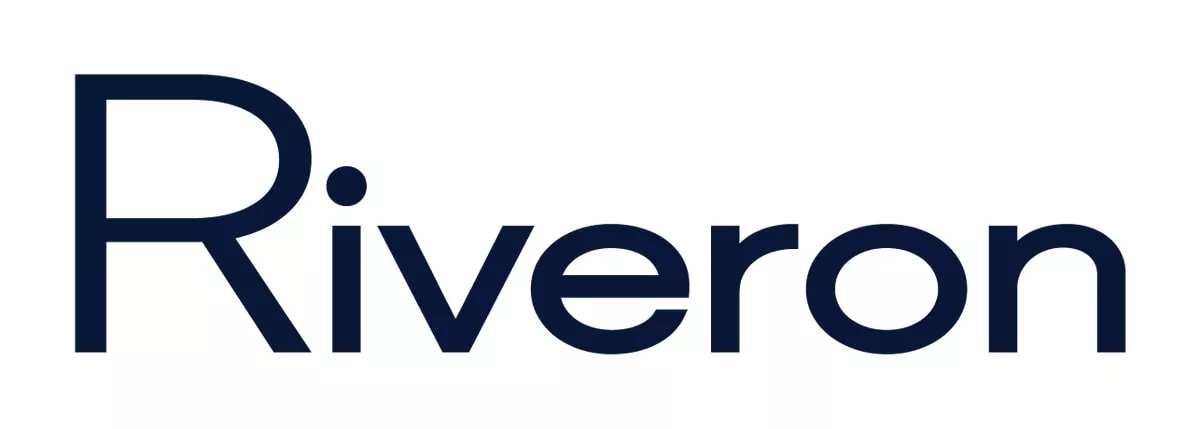- in United States
- with readers working within the Healthcare industries
- within Law Department Performance and Environment topic(s)
Through our Viewpoints series, Riveron experts share their opinions on current topics, business trends, and industry news.
I recently had a great chat with Paul Barnhurst on hisFP&A Tomorrow podcast. We dug into something I'm passionate about: how FP&A can evolve to truly influence executive decisions and help drive the business forward. For my fellow finance leaders, especially CFOs, here are some practical takeaways from that podcast conversation.
What Does "Great FP&A" Really Look Like?
We often talk about FP&A moving beyond just reporting. In my view, great FP&A is defined by deepengagement with the businessand the ability toinfluence executive decisions(podcast timestamp: [00:04:20]). It's not just about us pushing information out; it's about creating atrue partnership– a two-way street where the business shares vital context back with FP&A ([00:04:57]). When this happens, FP&A teams can genuinely help ensure the company makes the best possible decisions ([00:04:50]).
I saw this firsthand during my prior work experience at Digital Realty. With a small team of just three people, we embedded ourselves within the executive leadership teams and met monthly with every cost center manager – not just reviewing budgets, butlearningtheir business ([00:05:23]-[00:06:00]). By automating processes and drastically cutting down reporting time to just 2-3 days a month (including analysis!), we freed ourselves up to focus on high-impact, value-added activities like engaging directly with the business ([00:06:10],). The goal should always be tominimize time on repetitive functions to maximize time adding strategic value([00:07:45]).
Building Influence and Trust: Key Actions for Leaders
So, how do we foster this kind of impactful FP&A function?
- Enable Early Wins & Build Trust:When stepping into a new leadership role, or guiding your team, focus on building trust quickly. I always recommend meeting key business partners early on and asking three simple questions: What do we do well that you love? What do we do that youdon'tuse? And crucially, what are wenotdoing that you wish we were? ([00:10:10]-[00:10:30]). This helps identify low-hanging fruit and allows the team to score early wins, which rapidly builds confidence and trust ([00:11:20]).
- Navigate Resistance Strategically:Sometimes you encounter resistance. If a key partner isn't receptive initially, don't force it. Instead, focus on building strong relationships with their direct reports – the peopletheytrust. Add value to them, help them manage their areas better. Often, their positive feedback will open the door for you ([00:12:30]-[00:13:23]). It's about earning the trust of those they trust.
- Empower Your Team, Not Your Ego:As leaders, our success comes through our team. When you gather feedback on needed improvements (like incorporating more metrics), guide your team to develop and implement the solution.Givethemthe credit([00:16:15]). Don't step between your finance business partner and their stakeholder to "fix" things yourself. Workwithyour team member to helpthembecome more successful and strengthen their own business partnerships ([00:17:30]-[00:17:50]). It's about removing your ego and enabling their growth ([00:16:50]).
- Communicate Change Carefully:When driving necessary changes and improvements, be mindful of how you frame it. Avoid inadvertently making the team feel like their past efforts weren't valuable. Focus on the positive future state without devaluing the present or past ([00:19:15]-[00:19:57]).
Ultimately, transforming FP&A requires us, as leaders, to foster engagement, champion partnership, and empower our teams to move beyond reporting into true strategic contribution. It's about enabling them to spend less time looking backward and more time helping the business navigate the future.
Listen to thefull podcast conversation here.
The content of this article is intended to provide a general guide to the subject matter. Specialist advice should be sought about your specific circumstances.


